Affiliate links on Android Authority may earn us a commission. Learn more.
Apple comes out swinging against the FBI in Round 2 of the war on encryption
Published onApril 16, 2016
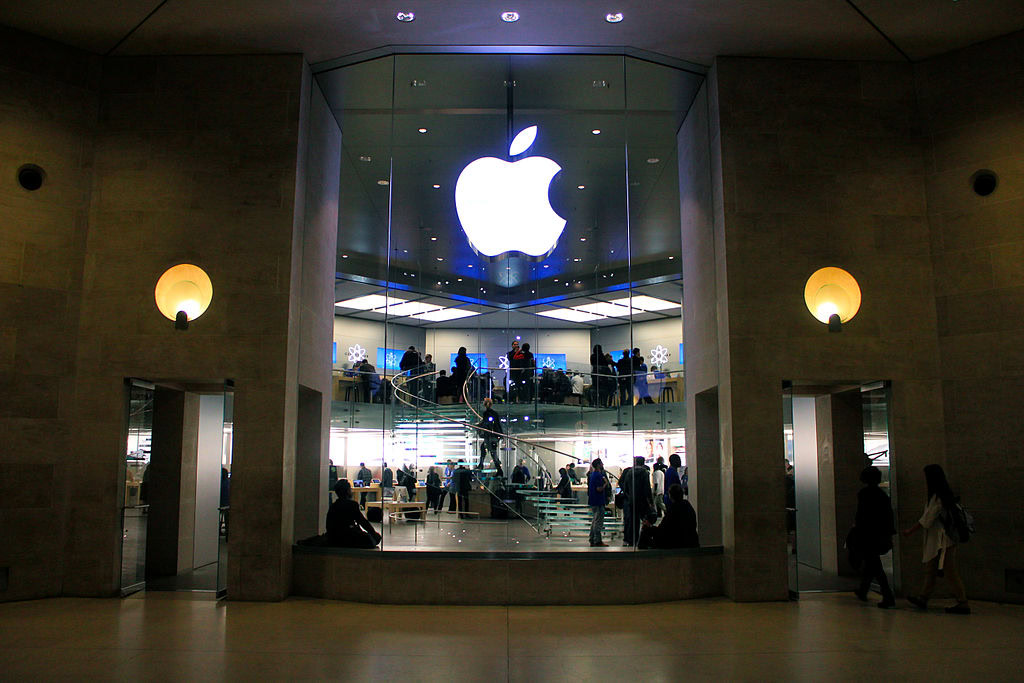
Quite a bit has happened since we last reported on the ongoing encryption debate involving Apple and the FBI. Despite the FBI dropping the case against Apple to compel its assistance in unlocking the San Bernardino iPhone, many other cases across the country continue to evolve. Apple has clearly had enough, talking smack to the FBI on the record in the latest court documents to surface.
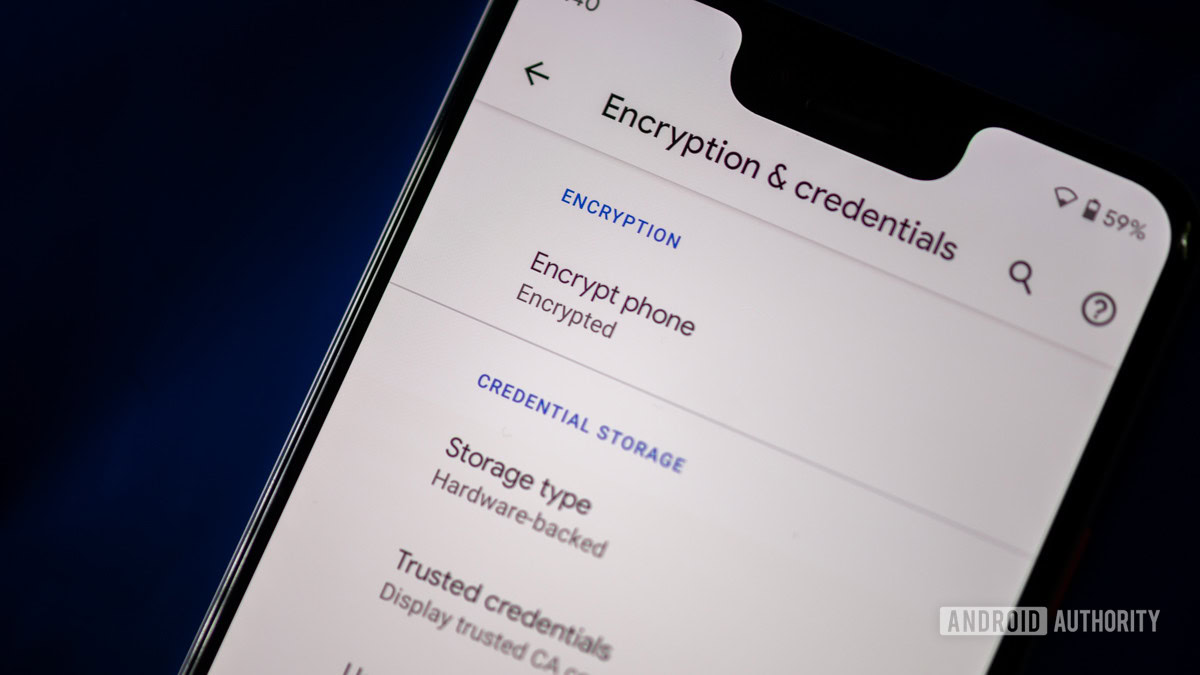
One of the many cases in which the federal government is asking for Apple’s assistance is a New York drug case. The scenario is eerily familiar: bad guy + password-protected iPhone + ill-equipped FBI = court case.
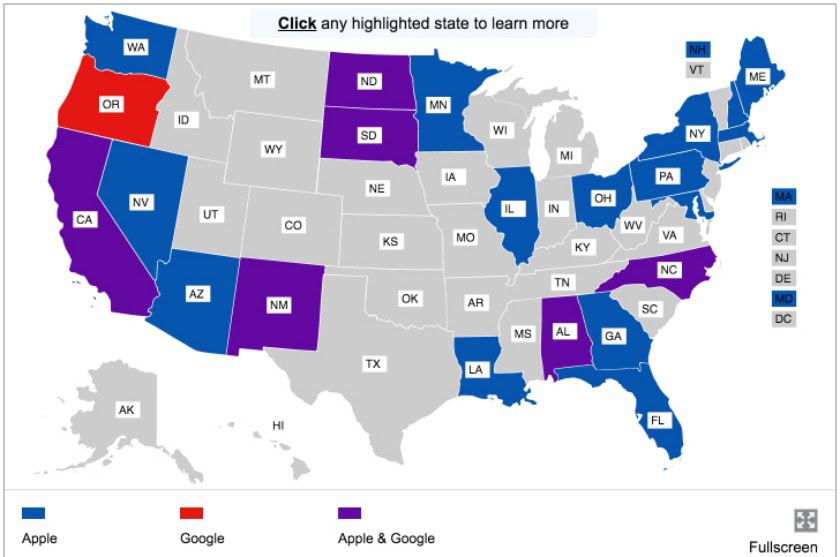
The difference here is that the FBI’s demand that Apple assist in unlocking the iPhone was dismissed back in February by the judge hearing the case. In no uncertain terms, Magistrate Judge James Orenstein not only threw the case out, but also started laying the groundwork for a setting precedent against the government’s use of the All Writs Act in this type of case, stating:
Ultimately, the question to be answered in this matter, and in others like it across the country, is not whether the government should be able to force Apple to help it unlock a specific device; it is instead whether the All Writs Act resolves that issue and many others like it yet to come. For the reasons set forth above, I conclude that it does not. The government’s motion is denied.
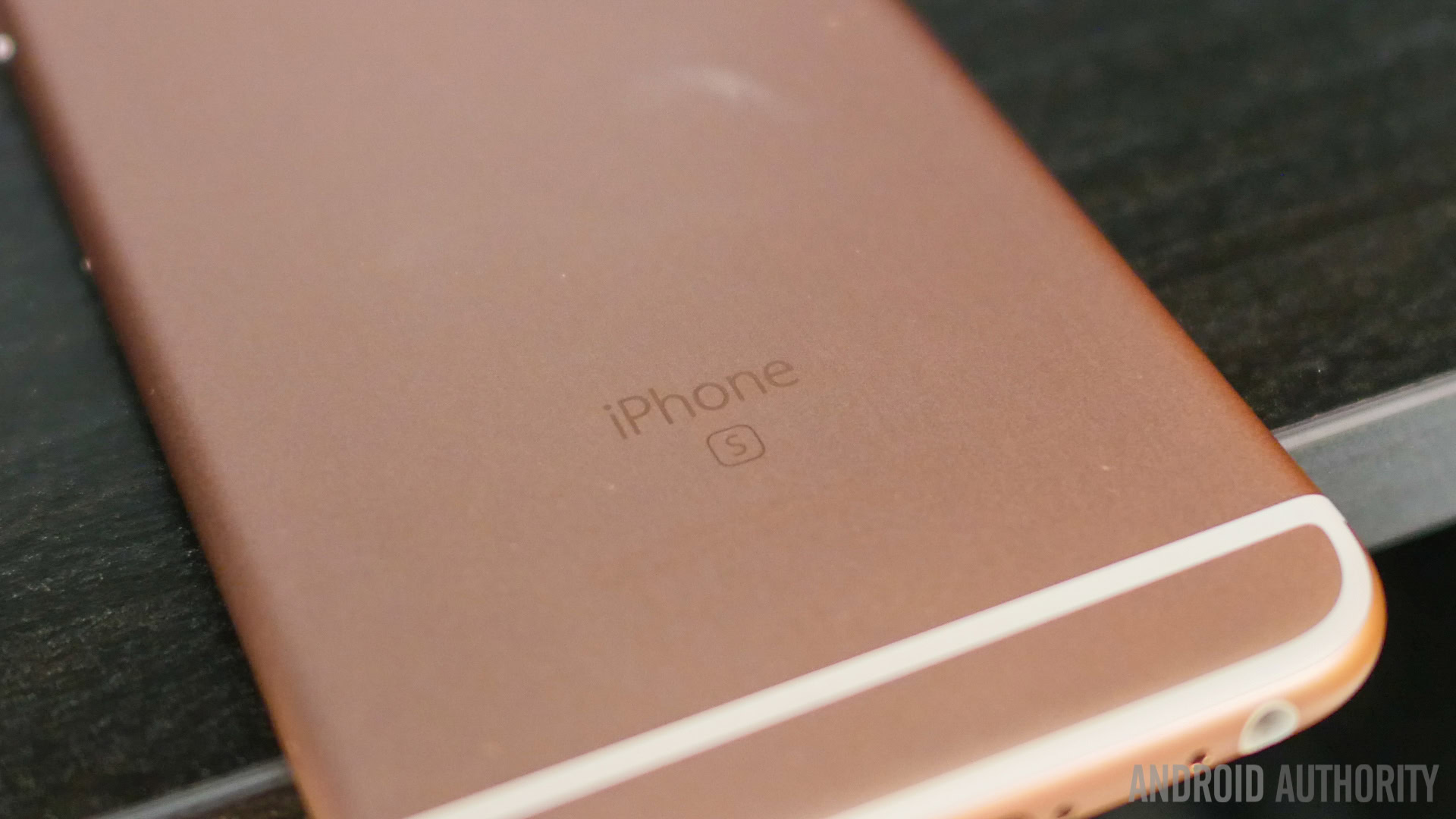
Not surprisingly, the FBI has appealed the dismissal and another judge is set to look into the initial verdict. This is where the smack talk comes in. Apple is clearly getting tired of the constant harassment and has started being less-than-congenial in its communications to the FBI, including in official court documents. This is what Apple had to say in its preliminary notes on the FBI’s appeal:
The government has made no showing that it has exhausted alternative means for extracting data from the iPhone at issue here….While Apple strongly supports, and will continue to support, the efforts of law enforcement in pursuing criminals, the government’s sweeping interpretation of the All Writs Act is plainly incorrect and provides no limit to the orders the government could obtain in the future. And that is precisely what the government seeks here: to obtain an order that it can use as precedent to lodge future, more onerous requests for Apple’s assistance.
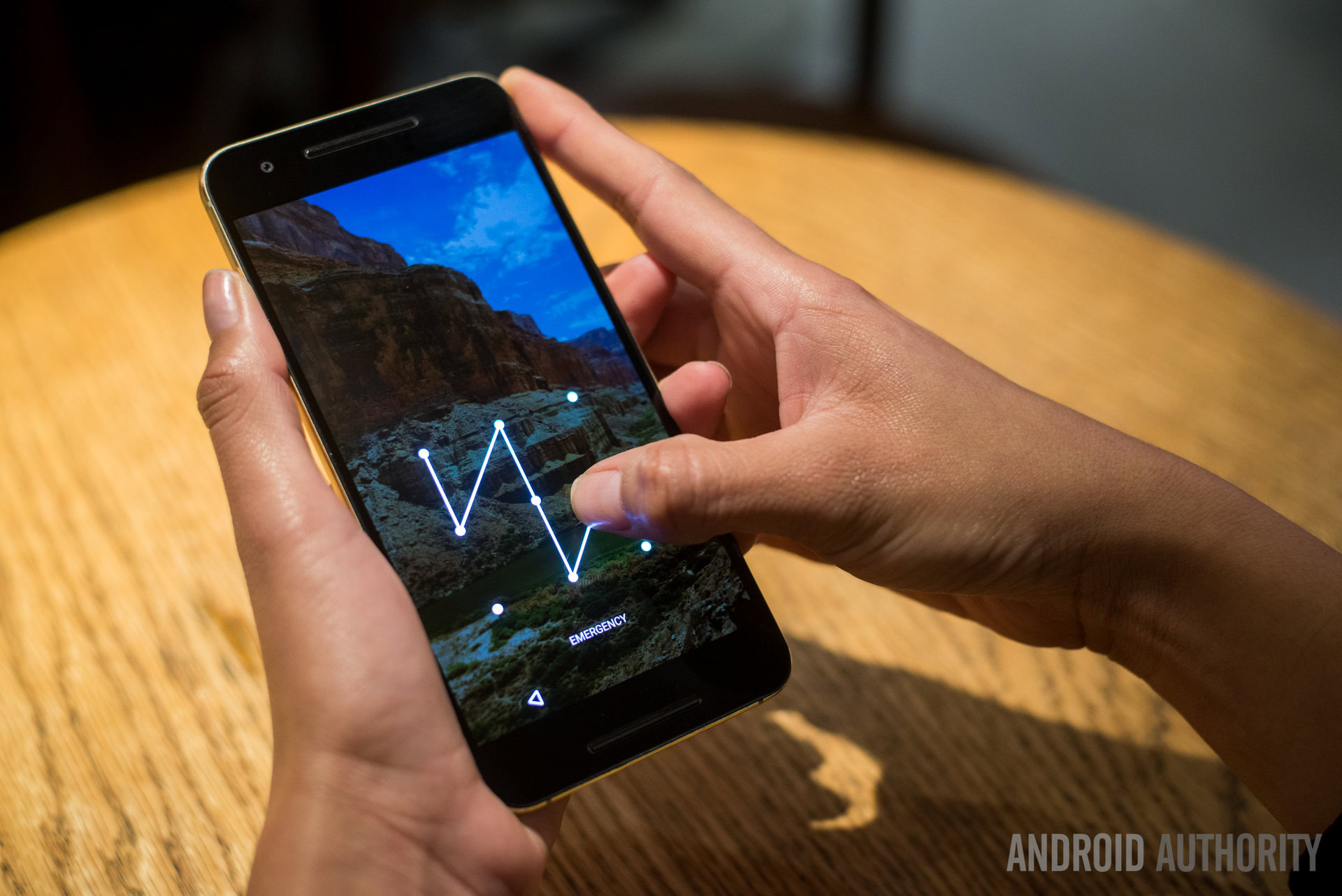
Apple is clearly taking aim at the debatable usage of the All Writs Act to compel tech company’s compliance with court orders to assist law enforcement in bypassing security measures of their products. Again, it is not necessarily about hacking a phone or building a back door in iOS, but about being compelled to create something that doesn’t already exist to allow the FBI to exercise its own hacking capabilities.
The government has utterly failed to satisfy its burden to demonstrate that Apple’s assistance in this case is necessary.
On this note too, Apple was very clear: “The government has utterly failed to satisfy its burden to demonstrate that Apple’s assistance in this case is necessary.” Considering the San Bernardino iPhone was successfully unlocked without Apple’s assistance, Apple is now claiming its co-operation is unnecessary. Of course, that iPhone was accessed using a previously unknown zero-day exploit unique to the iPhone 5c, but Apple does have a point.
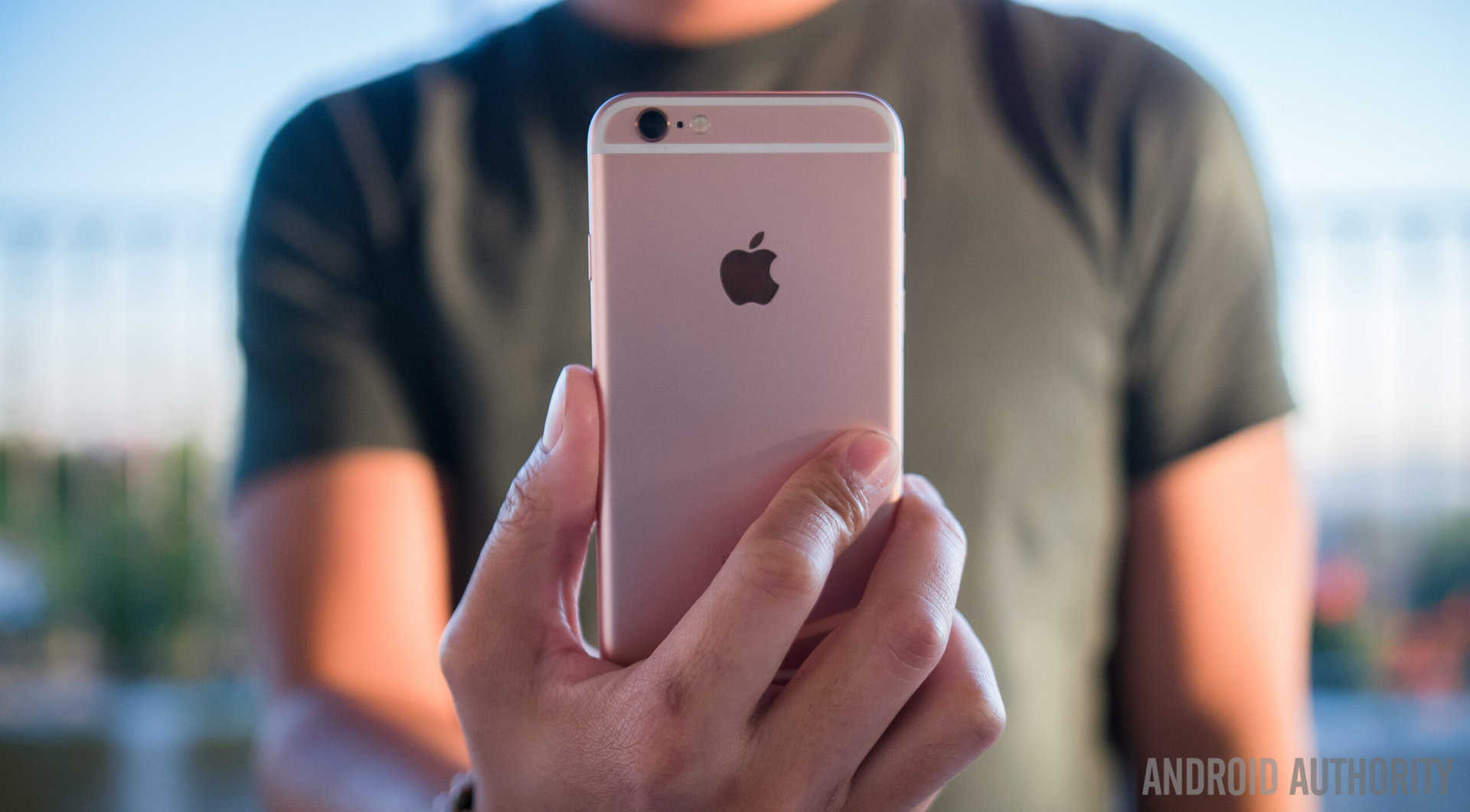
The issue at stake is whether or not the government should be able to use a dated and intentionally vague law to force technology companies to work against their own security measures. The government obviously thinks it should, but many argue this is simply taking the easiest option.
The FBI has admitted it is ill-equipped to hack the modern security measures found in encrypted smartphones.
FBI Director James Comey has admitted the Bureau has not kept pace with technology and is ill-equipped to hack the modern security measures found in encrypted smartphones. But Apple is arguing that if third-party contractors have successfully been hired to unlock a device then that should be the method the government takes in future.

As with the original San Bernardino case, this is about much more than one phone. If the judge evaluating the FBI’s appeal sides with the original verdict, Apple will be one step closer to having a precedent set against the use of the All Writs Act that a higher court may also help to solidify. If the FBI’s appeal is granted though, then we’re right back to square one.
Where do you see this all going? Do you think the All Writ Act will become a precedent for or against the FBI’s wishes?